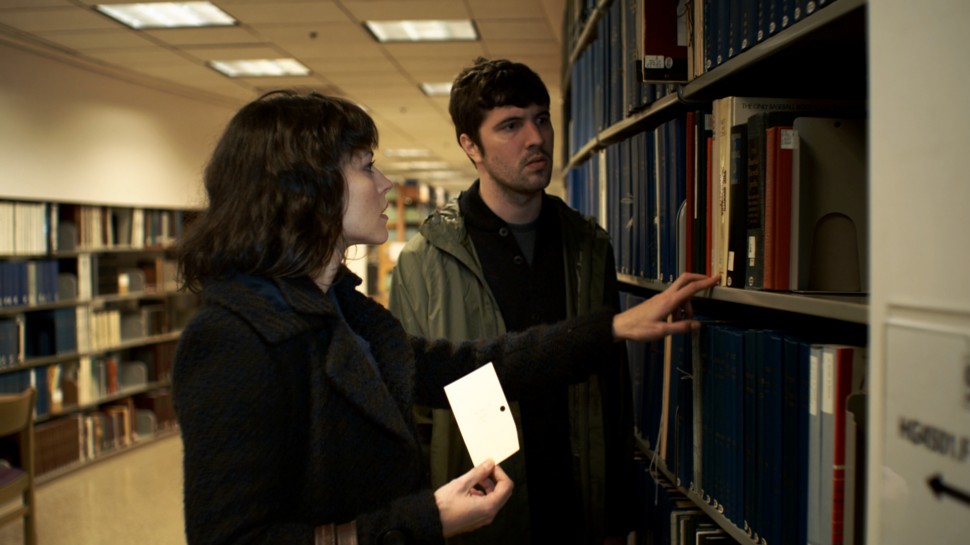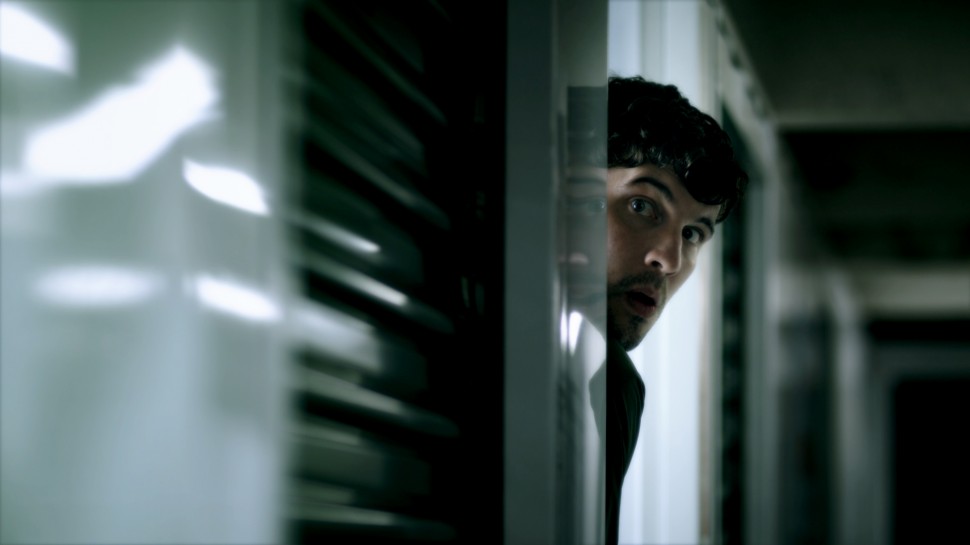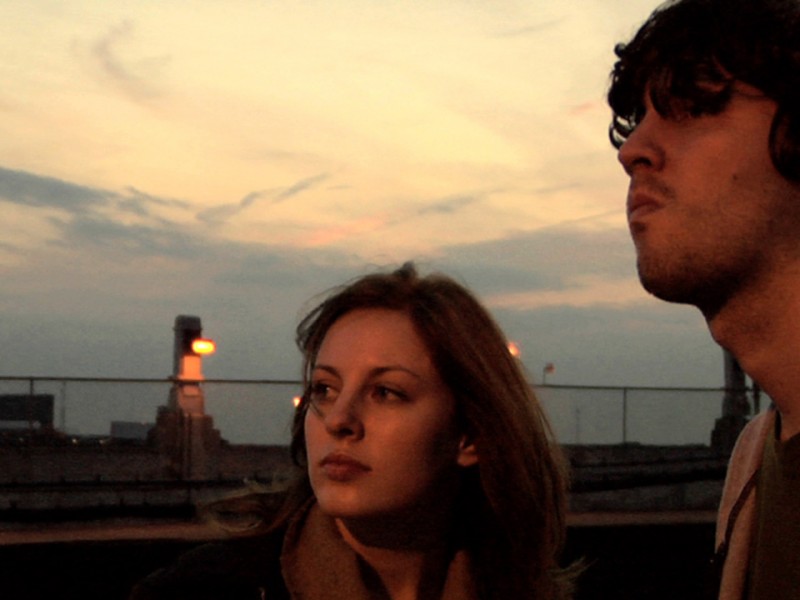


Three Films by Aaron Katz
One of the most significant emerging voices in contemporary American independent cinema, Aaron Katz (b. 1981) has directed three feature films distinguished by their meticulous visual style, sensitivity to place and innovative approaches to character-driven narrative. Drawn to the cinema from an early age, Katz began making Super-8 films in high school and went on to study acting and filmmaking at the North Carolina School of the Arts, where he met many of the friends who have remained regular collaborators on his features- including cinematographer Andrew Reed and producers Brendan McFadden and Ben Stambler. Although Katz is consistently identified with the ironically labeled “mumble-core” movement - named for the dominant focus of so many “indie” films on less-than-articulate twenty-something characters drifting through a post-college extended adolescence - his films have subtly resisted many of the movement’s dominant trends. Despite their lower budgets, Katz’s films have turned away from the bare bones, rough-edged aesthetic embraced by many younger American directors and have instead explored a more sophisticated visual style that carefully transforms the confined spaces and urban locations favored in his films into dynamic stages that intensify the intimate dramas that takes place upon them. Rather than the loose, improvisational narratives shared by so many of today’s indie films, Katz prefers to explore stories whose tight yet nuanced structures frequently turn in unexpected directions- from the surprise romance that abruptly changes the tone and rhythm of Dance Party USA, to Quiet City’s careful deferment of what seems to be its inevitable ending, and, perhaps most unexpectedly, to the mystery that suddenly transforms Cold Weather into an affectionate yet bewitching homage to the detective film. Together Katz’s three films define a restrained, yet wonderfully off-beat minimalism of style and story whose emotional weight and meaning is constantly displaced away from more traditional story “arcs,” and towards the smaller gestures and revealing details of people and place. – Haden Guest
The Harvard Film Archive is pleased that Aaron Katz will join us for both evenings of this retrospective.










